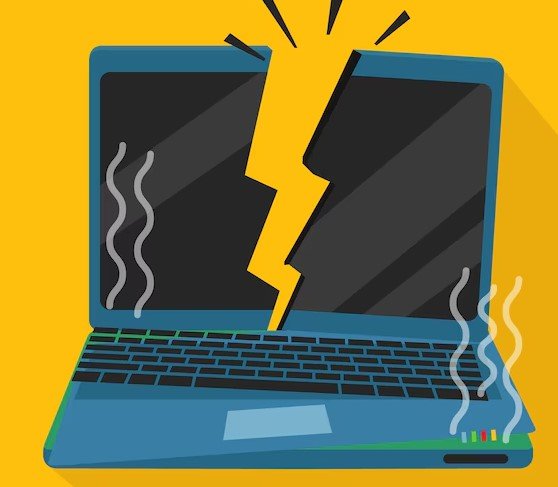A massive outage struck Amazon Web Services on October 20, 2025, knocking out key internet services and exposing heavy reliance on big tech. The glitch in a Virginia data center disrupted apps, airlines, and banks for hours, leaving users frustrated and businesses scrambling.
What Caused the AWS Outage
The trouble started just before midnight on October 20 in Amazon Web Services northern Virginia hub. This key location handles data for countless online platforms.
Experts point to a failure in a core database product as the main culprit. The issue spread quickly because so many services depend on this single point.
Amazon worked through the night to fix it. They rolled out updates, but full recovery took until the afternoon.
This event echoes past outages, like the 2021 Fastly glitch that took down major sites. It shows how one problem can ripple across the web.

Services and Companies Affected
The outage hit a wide range of popular apps and tools. Users reported issues with social media, gaming, and everyday services.
Here is a list of some major impacts:
- Snapchat: Users could not send messages or load stories for hours.
- Reddit: Forums went offline, stopping discussions and posts.
- Roblox and Fortnite: Gamers faced login failures and game crashes.
- Airlines like Delta and United: Flight check ins and reservations stalled.
Banks and brokerages also struggled. Robinhood users could not trade stocks during peak hours.
Smart home devices added to the chaos. Ring doorbells and Eight Sleep mattresses lost connectivity, forcing owners to find workarounds.
The problem affected over a thousand companies, with millions of user reports on sites like Downdetector.
Global Impact on Daily Life
People around the world felt the effects right away. In the United States, morning commuters could not check flight statuses or use banking apps.
Businesses ground to a halt. E commerce sites slowed, and remote workers lost access to tools like Zoom and Google services.
One report noted over six million disruption complaints in a short time. This shows how tied modern life is to cloud services.
In Europe and Asia, the outage hit during business hours, causing delays in online shopping and communication.
Parents reported kids upset over gaming interruptions. Travelers at airports waited in long lines for manual check ins.
The event sparked talks about backup plans. Some firms switched to other providers, but many stayed stuck.
Why We Rely So Much on Big Tech
Amazon Web Services powers a huge chunk of the internet. It holds data for about a third of global cloud users.
This dominance creates risks. When one company fails, it pulls down others like a house of cards.
Experts warn about putting all eggs in one basket. They suggest spreading services across multiple providers.
Recent events add context. A similar Microsoft outage in July 2025 disrupted global flights and hospitals.
Table: Top Cloud Providers and Market Share (2025 Estimates)
| Provider | Market Share | Key Strengths |
|---|---|---|
| AWS | 32% | Reliability and scale |
| Microsoft Azure | 22% | Integration with apps |
| Google Cloud | 11% | Data analytics focus |
| Others | 35% | Niche and cost options |
This table highlights Amazon’s lead, but also options for diversification.
Regulators are watching closely. Calls grow for rules to prevent such widespread failures.
Lessons Learned and Future Steps
The outage prompts questions about tech oversight. Companies like Amazon invest billions in security, yet glitches happen.
Users can protect themselves by using offline backups and multiple apps. Businesses should test failover systems regularly.
Amazon issued apologies and promised reviews. They aim to add more safeguards against cascades.
Looking ahead, expect more focus on resilient tech. Innovations like edge computing could reduce central hub risks.
This incident reminds everyone to question blind trust in big tech. Diversifying options might prevent future headaches.
Share your thoughts on this outage in the comments below. Did it affect you? Spread the word by sharing this article with friends.








